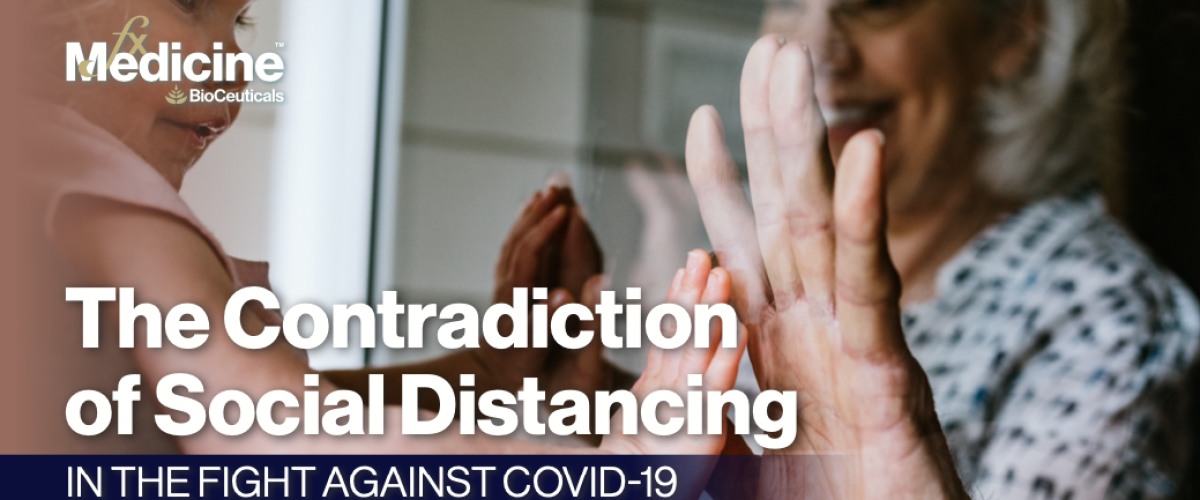CONSEQUENCES TO MICROBIAL DIVERSITY
With the declaration of the coronavirus COVID-19 pandemic in 2020, Australians implemented major restrictions to reduce the respiratory droplet and aerosol contact1 transmission of the novel severe-acute respiratory syndrome Coronavirus 2 (SARS-CoV-2). The pandemic prompted public health messaging advising Australians to minimise physical contact, maintain 1.5 metres distance from others, wear a face mask2 and wash and sanitise hands regularly,3 particularly after contact with others. As a predominantly respiratory infection, COVID-19 binds with alveolar and small intestinal epithelial angiotensin-converting enzyme 2 (ACE2) receptors, drawing attention to the gut and respiratory microbiome.4
Dr. Cliff Harvey, Registered Clinical Nutritionist, describes the risk factors and role of nutritional status in post-COVID syndrome and shares treatment options to support this cohort.
Dr. Cliff Harvey, Registered Clinical Nutritionist, describes the risk factors and role of nutritional status in post-COVID syndrome and shares treatment options to support this cohort.
We uncover the benefits of exercise physiology with accredited exercise physiologist Ben Southam and Dr. Damian Kristoff and discuss how to include this modality in a collaborative care model to best support our patients.
The all-new hosts of FX Medicine - Dr Adrian Lopresti, Dr Damian Kristof, Emma Sutherland and Dr Michelle Woolhouse - come together with Dr Lesley Braun to discuss the growing mental health crisis.
Taken from our LIVE interactive podcast: Amie Skilton shares her top five nutrients for a robust immune system and takes us on a deep dive into how sugar, alcohol and sleep can dismantle immunity.
Integrative GP, Dr Mark Donohoe and functional paediatrician, Dr Elisa Song chat about COVID-19 through the lens of functional medicine.






